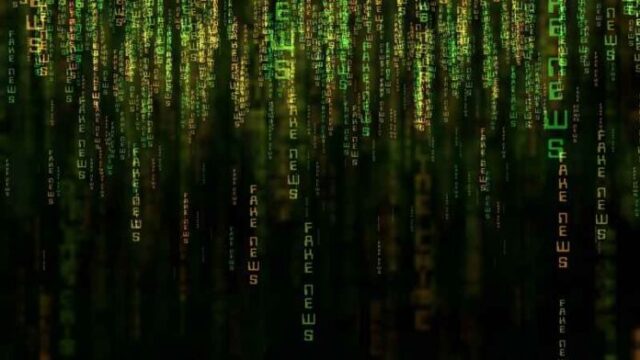The Whistleblower Simulation

How the Government Eliminated Philip K. Dick for Revealing Reality’s Biggest Secret.
Before the Mandela Effect, before “The Matrix,” Philip K. Dick warned that reality was being rewritten. Then the government removed him from the picture.
In 1977, science fiction writer Philip K. Dick stood before an audience in Metz, France, and said something that cracked the code of time and would reverberate for decades: “We live in a computer-programmed reality,” writes Baxter Dmitry .
That was decades before Elon Musk or Silicon Valley philosophers started thinking about the simulation hypothesis – and long before the internet gave rise to the Mandela Effect.
But Dick’s vision wasn’t considered innocent speculation. For the American intelligence community, his “dangerous” ideas about simulated worlds, hidden control systems, and reality manipulation were perhaps too close to the truth.
Not long after his allegations, Dick was reportedly subjected to FBI surveillance, mysterious break-ins and what he described as surreptitious psychological intimidation — the kind of reaction you might expect when someone tells too much truth in a world built on lies.
Dick’s suspicions were not unfounded. According to his own accounts and those of people close to him, he was under surveillance by both the FBI and the CIA after the publication of works like Ubik (1969) and A Scanner Darkly (1977)—books that blurred the lines between reality and illusion, perception and control.
In letters and interviews, Dick claimed that agents raided his home in 1971 and seized papers and research after he began investigating what he called VALIS —a “Vast Active Living Intelligence System” that communicates hidden truths about reality.
Official accounts of such incursions are hard to find, but Dick’s friends and biographers—including Lawrence Sutin ( Divine Invasions: A Life of Philip K. Dick , 1989)—confirmed his ongoing fear that his revelations about government and metaphysical control mechanisms had put him in the crosshairs.
Mandela effect
What’s particularly chilling is how Dick’s theory both precedes and eerily parallels the Mandela Effect—the modern cultural phenomenon where people collectively misremember details from history, such as whether Nelson Mandela died in prison or in 2013.
Today, many view the Mandela Effect as “evidence” that reality glitches, timelines shift, or simulations overlap.
Dick said something similar in 1977: that “time can be rearranged” and that we live in “a computer-like environment” where “the programmer can change variables from the past.”
In essence, he described the Mandela Effect before it had a name. He believed that our memories of alternate realities weren’t errors, but traces of past timelines overwritten by a controlling intelligence.
Here his story becomes darker. Shortly after his public lectures, Dick’s behavior became increasingly erratic, and he suffered what was later called a “psychotic breakdown.”
But conspiracy researchers have long wondered whether he was silenced, targeted, or discredited – a familiar fate for those who get too close to hidden truths.
His descriptions of glowing visions, strange transmissions, and an invisible force rewriting history sound like paranoid delusions to skeptics, but were an eerie precursor to modern theories of simulation resets and AI control systems.
Was Dick inspired – or was he downloaded ?
The deeper one looks, the more his life resembles the plot of his own stories: a dissident writer who discovers reality is being manipulated and then hunted by dark forces that want him to forget.
Before his death in 1982, Dick warned that “the walls of reality are closing in” and that what we call “the present” is an illusion projected by a vast intelligence.
He may have been the first whistleblower of our simulated world – silenced before the rest of us knew it.
